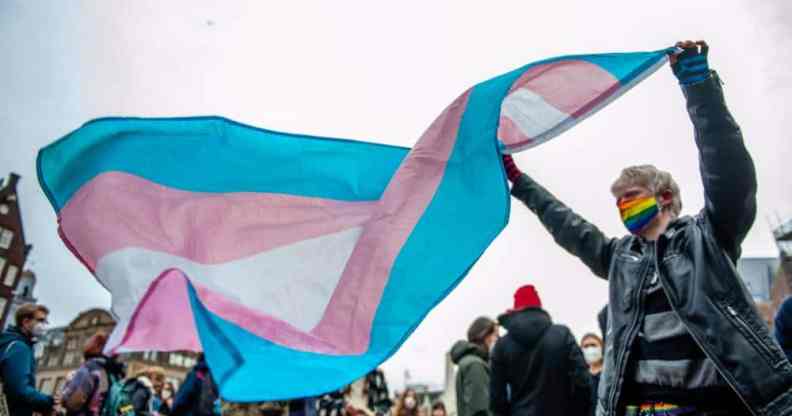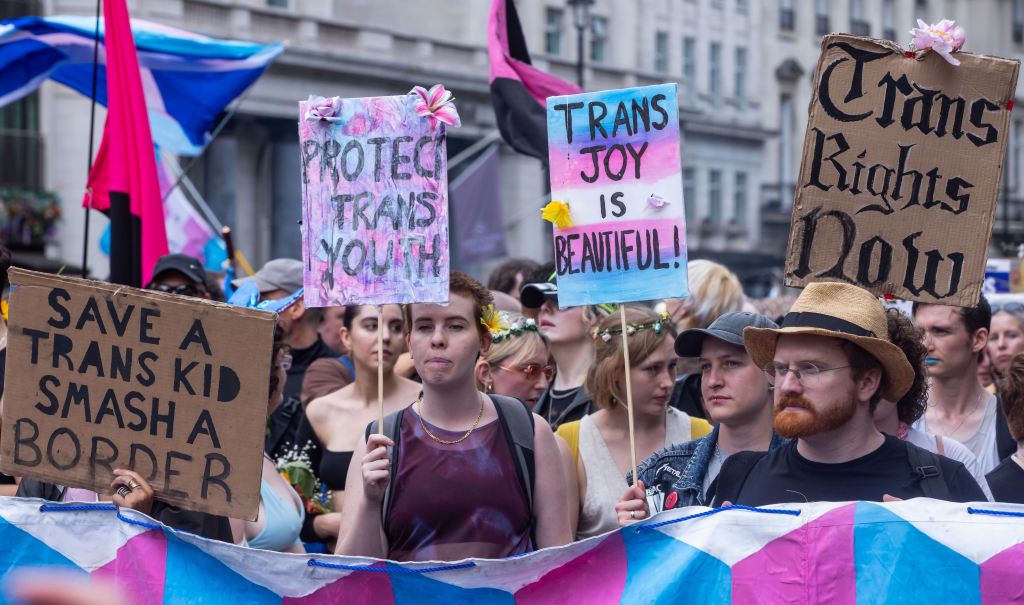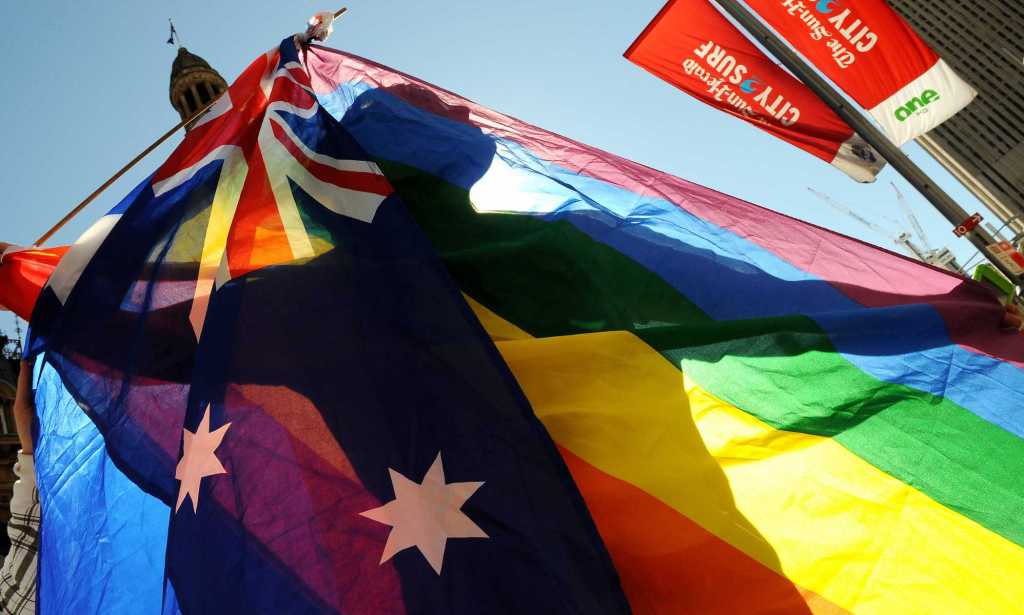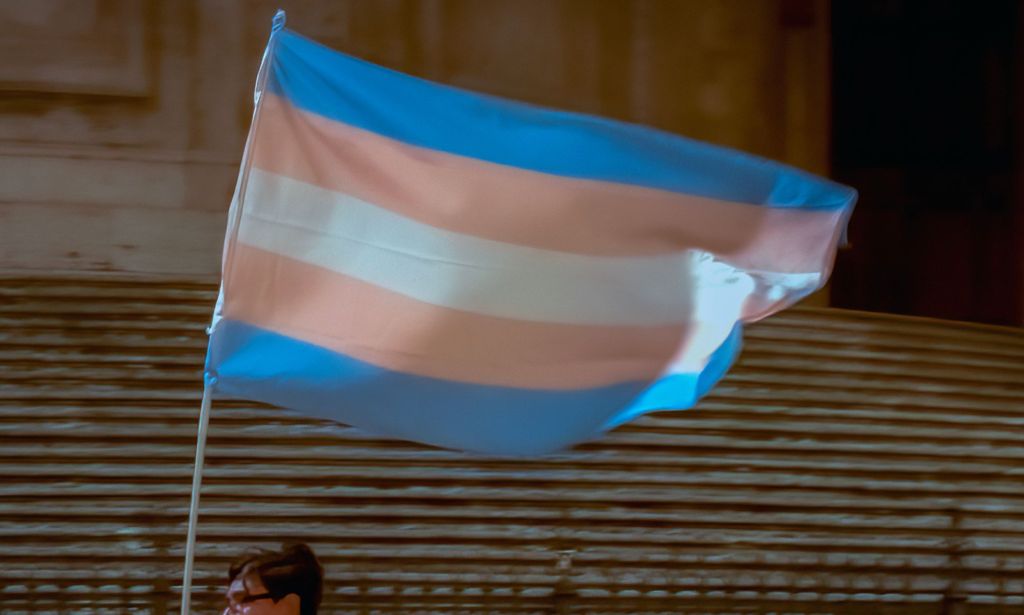Australia’s Lesbian Action Group refused permission to exclude trans women from events

A lesbian organisation has been refused permission to exclude trans women from events. (Ana Fernandez/SOPA Images/LightRocket via Getty)
A controversial lesbian organisation has had its request to exclude trans women from their events rejected by Australia’s Human Rights Commission (AHRC).
The Lesbian Action Group had filed a request to the AHRC for a five-year exemption from the country’s anti-discrimination laws, so that only same-sex attracted, biological women could attend their events, excluding transgender or bisexual women.
The group, which is linked to the LGB Alliance Australia according to their website, argued in its request that lesbians had been driven underground by a “repressive and conservative political climate” as well as a fear of being labelled as transphobic.
Despite their argument, the AHRC ruled this week to reject the Lesbian Action Group’s request, preventing them from hosting planned “lesbian-born female” events.

The commission stated that granting this exemption could lead to further exclusion of and discrimination against transgender women.
The ruling is based on changes that were made to Australia’s Sex Discrimination Act ten years ago, under which, sexual and gender identity were listed as protected attributes, and traditional definitions of a man and a woman were updated.
Citing this act, the commission reaffirmed that sex is non-binary and changeable, as far as state and federal law are concerned.
The verdict read: “The commissioner submits that the word ‘sex’ is not a biological concept referring to whether a person at birth had male or female physical traits. Nor is it a binary concept, limited to the ‘male’ or ‘female’ sex.
“‘Sex’ can refer to a person being male, female, or another non-binary state. It is also broad enough to encompass the idea that a person’s ‘sex’ can be changed.”

The verdict was welcomed by LGBTQ+ advocacy groups, many of whom had made submissions to the AHRC to speak out against the Lesbian Action Group’s request.
Dykes on Bikes, Australian LGBTIQ Multicultural Council Inc, Human Rights Law Centre, and Trans Justice Project were among 14 groups that spoke out against the proposal, agreeing that, while it was important for lesbians to gather as a community, “it was unnecessary to exclude women who were transgender or bisexual.”
Less impressed by the decision was Lesbian Action Group spokesperson Carole Ann, who argued that the AHRC had “obliterated” biological reality, per the Sydney Morning Herald.
“It wasn’t unexpected, but it is still disgraceful,” she said of the ruling. “It basically puts us back in the closet if we want to have any events for lesbians who were born female.”

She complained that the AHRC had made a mockery of the Sex Discrimination Act’s original intention when it was first drafted almost 40 years ago, which was to protect the rights of women.
“The Human Rights Commission has made their own definition and said that sex is not binary. What does that mean? What other sexes are there? Is there a third or a fourth or a fifth?” she whinged.
Clearing up any confusion on Ann’s part, Equality Australia’s chief executive Anna Brown, who celebrated this week’s verdict explained the true intention behind updates made to the Sex Discrimination Act.
“The Sex Discrimination Act was amended in 2013 to protect LGBTIQ+ people and explicitly protects trans women and non-binary people from unfair treatment,” she stated.
The Lesbian Action Group is now reportedly considering taking its case to the Administrative Appeals Tribunal.
How did this story make you feel?

